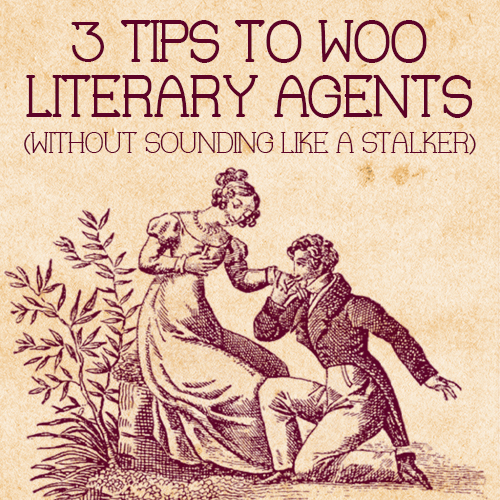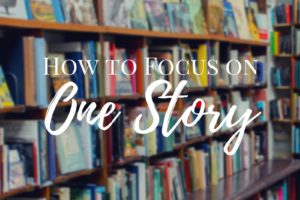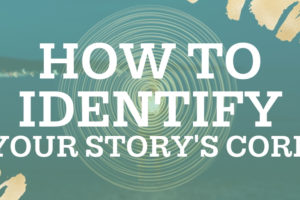There is a lot of angst (and helpful tips) on the internet for writing your query’s actual summary/hook, but what I’ve always found absolutely terrifying is that fine balance between “Dear Agent, I did my research” and “Dear Agent, I know where you sleep.”
Hopefully it’s a given that if you’re querying, you need to research the agents you’ll be submitting to—including perusing their Twitter feed, blogs, and interviews. Susan Dennard has a lovely post about this over at Publishing Crawl. So take a look at that.
If you didn’t click the link, the short version is: Research like the NSA (okay, maybe not exactly) and record any useful info. That way, when it’s time to send your queries, you have all the tidbits ready in a document.
So now you know a lot of things about your agent. How do you show this in your query letter in a smooth-talker, Flynn-smolder sort of way? Well…
3. Keep it professional
I still have nightmares about one query I sent as a wee lass. I can’t even remember who the agent was, but on her website she mentioned she liked chai tea. In desperation, I threw a hasty, “I like chai tea, too!” on the end of my query letter. I’m 99% sure I never heard back from her.
A good rule of thumb: If it doesn’t come back to the manuscript or to your author persona, don’t say it. Don’t be me.
Example: I saw on your website that you studied history at William & Mary. I did the same (class of ’13!) and was inspired by the course to write CADOC AND THE COW, based in historic Wales.
2. Mention where you got your information
ENG 101, my friends: Cite your source! Consider the difference:
NO: I thought you might like CADOC AND THE COW because I know you have a weakness for fairytales with an underdog hero [because I listen to you while you sleep].
YES: I read in your interview with QueryTracker that you have a weakness for fairytales with an underdog hero, so you might enjoy my manuscript, CADOC AND THE COW.
1. Reference other books
Books the agent represents:
Nothing says “I did my research” while staying within professional boundaries like referencing an agent’s list. Not only does this show the agent that you’re familiar with their cup of tea, it also shows that you are market savvy. You know what’s what in your genre and you know how your manuscript will one day fit on the shelf.
Example: I saw on your list that you represent RAVEN BOYS by Maggie Stiefvater, and I think you might be interested in my manuscript, CADOC AND THE COW. It’s a retelling of the Welsh myth of Farfog the Bearded, in which King Arthur is the antagonist.
Books in general:
There is a lot of hemming and hawing out there about whether or not you should compare your manuscript to published books in a query letter. I’m pro-comparison myself, for the same reason I listed above: It shows you know your market and can place your book. If nothing on the agent’s list is standing out to you, feel free to reference a book he or she doesn’t represent (but you get bonus points if you can compare yourself to the agent’s favorites or a wishlist item).
Some mini-tips (guidelines, not rules):
- Keep it specific. You don’t get to compare your high fantasy to Lord of the Rings just because they’re both in (roughly) the same genre. There has to be a solid reason. (i.e. elves like those in LORD OF THE RINGS, but living in 1920’s NYC)
- Name something in your genre. If it’s middle grade, it might be a good idea to give a similar MG book a shout out. (i.e. WHEN HITLER STOLE THE PINK RABBIT meets WAR HORSE)
- The exception would be when you’re doing something that exists in another genre but is unexpected for your age-range (i.e. THE GAME OF THRONES for middle grade).
- Bonus points if the comparison is weird but fitting (i.e. PRIDE AND PREJUDICE meets STAR TREK).
- Referencing movies and television is cool, but do try to get a book in there, too (i.e. THE ONCE AND FUTURE KING meets WHITE COLLAR).
Example: CADOC AND THE COW combines the mystic elements of THE SECRET OF KELLS with the vivid setting of THE DARK IS RISING.
That’s my two cents. Go forth and woo agents in socially acceptable ways!
Further resources for your reading pleasure:
- Strive Always for Normalness!: My Advice for Super New, Unagented Writers by Veronica Roth
- Literary Rambles
- What Do Literary Agents Do?


















